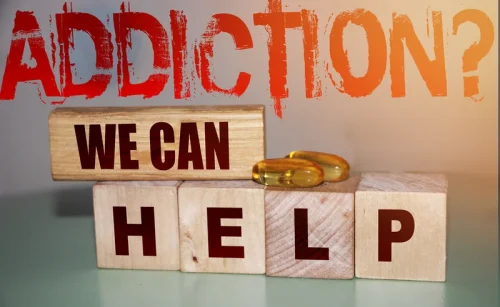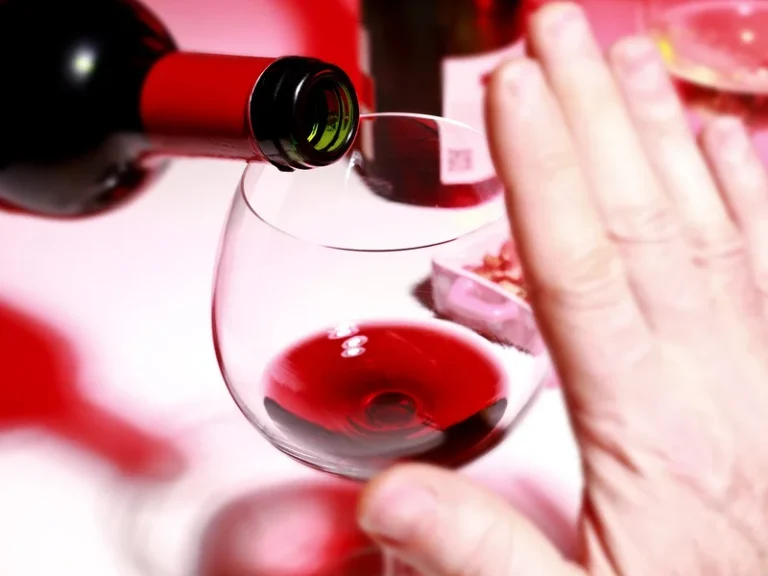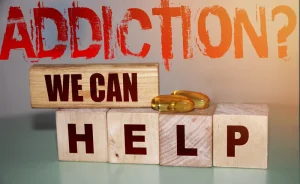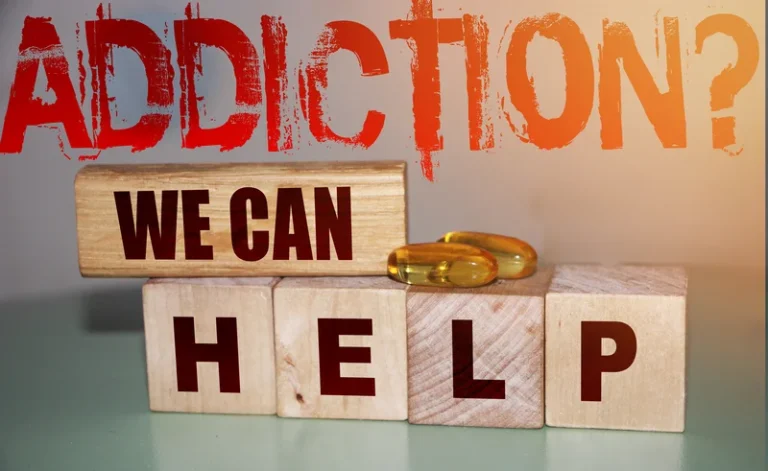
The addicted person may experience feelings of guilt, shame, and isolation, while their loved ones and drug addicts around them may also be affected. But when your partner is dealing with a substance abuse problem, the last thing they need is someone flattering them, catering to them, or refusing to confront them. What they need is honesty, which you’ll struggle to provide if you let your codependency stay in control.

Is it advisable for two recovering addicts to be in a romantic relationship?

But your need to stay in control and fear of being abandoned are other reasons why you’re so anxious to “save” your loved one from drugs or alcohol. Because this fear runs so deep, you may become obsessed with trying to cure them, to the point of neglecting many of your own needs. When you’re codependent, you’ll rely on your loved one to validate your sense of self-worth. You’ll be convinced that you need them to protect you and look out for your mental, physical, and emotional needs. You’ll be plagued by feelings of helplessness and powerlessness, terrified of what the future might hold should your partner abandon you. Be it drugs or people, addictions are a “fix” for negative feelings of anxiety, despair, self-doubt, rage, and fear of abandonment, etc.
- Sometimes, if you have no personal experience with something such as addiction and recovery, it can be difficult to get on the same page as your partner.
- When someone with addiction confides in you, listen without interrupting or criticizing.
- To overcome these challenges, both partners must work together to improve their communication skills and create an open and honest environment in which they can express their feelings and needs.
Understanding Addiction
Watch your tone of voice and speak to your loved one without using a blaming or accusatory tone. The more knowledge you have about addiction, the better you’ll be able to communicate. Learn more about when you love an addict addiction from reliable medical sources, and try to understand your loved one’s point of view.
- Some people in recovery are OK being aroundalcohol, while for others it is too tempting.
- Establishing boundaries and seeking assistance from a qualified therapist or support group are potential strategies for terminating enabling behaviors.
- You may be questioning whether or not addicts and relationships are two things that can go together.
- When your partner develops a substance use disorder, your efforts to help them will be sincere and honorable.
- When those who love people with any type of addictive behavior finally reach out for help, they have usually been dealing with their situation for a long time.
- Saying “no” is an important first step toward change — for you, as well as for the addict.
Pieces Of Advice For Being In A Relationship With Someone In Recovery

If you’re codependent you’ll likely refuse to do this, thereby subjecting yourself to unfair treatment while enabling their substance abuse in yet another way. People who have been brainwashed by a relationship with an addict often repeat unhealthy relational patterns in subsequent relationships. Attending Al-Anon can help the non-addict partner learn the realities of addiction and co-dependence, and can be an eye-opening experience of personal growth and development. The reality is that people who maintain relationships with addicts are often operating from a place of co-dependency and emotional neediness.
Help Them Find Treatment
They won’t be honest about where your money is going, why the car got dinged up or why they were late getting home. Most disturbing of all, they will repeatedly lie about their intentions to get clean and sober. If two addicts are in a relationship, they would likely need someone outside of the relationship to step in and hold an intervention. They may be able to thrive together after treatment, but it would be very difficult.
According to the National Institute on Drug Abuse (NIDA), the likelihood of a mental illness diagnosis doubles for individuals suffering from a substance use disorder. Your partner may be more willing to talk about their depression or anxiety with you or a professional than talk directly about their substance use. This can be a way for them to get some kind of help that can ultimately lead to positive changes in their alcohol/drug use.

